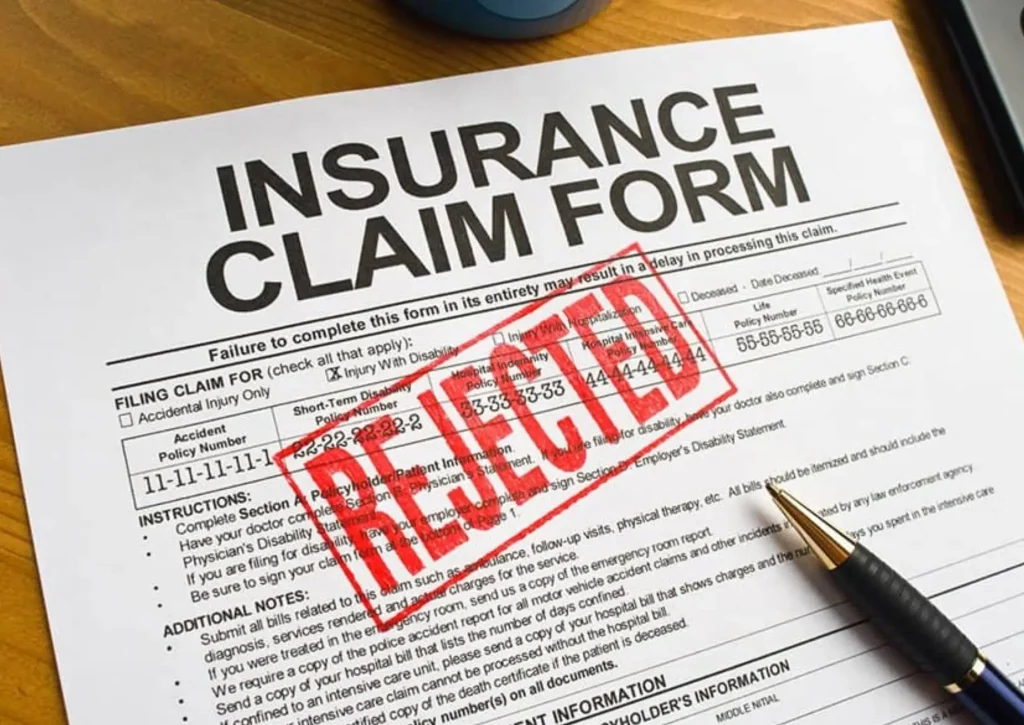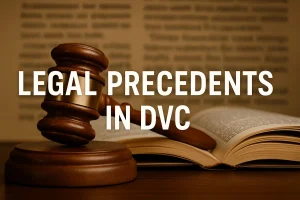Introduction
When filing a total loss or diminished value claim, you expect your insurance company to act fairly. However, many insurers use bad faith tactics to delay, deny, or reduce payouts, leaving policyholders with thousands of dollars less than they deserve.
Bad faith occurs when insurers intentionally mishandle claims—by undervaluing vehicles, rejecting legitimate diminished value claims, or delaying payouts without cause. If you don’t recognize these tactics, you may accept an unfair settlement without realizing it.
This guide will help you identify bad faith tactics, understand your rights, and take action to secure fair compensation.
Understanding Insurance Bad Faith in Claims

What Is Insurance Bad Faith?
Bad faith happens when an insurer deliberately avoids paying a fair claim. Common tactics include delays, denials, and lowball offers. Every policyholder has the right to a fair investigation, clear explanations, and timely payment.
Why Insurers Use Bad Faith Tactics
Total loss and diminished value claims often involve large payouts, making them prime targets for bad faith practices. Insurers may try to:
- Undervalue your car in a total loss settlement.
- Deny diminished value claims, even when legally valid.
- Delay the claims process, hoping you’ll accept a lower offer.
Recognizing these tactics early helps you fight for the settlement you deserve.
Common Signs of Bad Faith in Total Loss Claims
Unreasonable Delays in Processing or Payment
If your insurer is dragging out your total loss claim, requesting unnecessary documents, or giving vague responses, they may be delaying on purpose to pressure you into accepting less.
Lowball Offers on Total Loss Valuation
A total loss payout should reflect fair market value. Insurers often undervalue vehicles, ignoring local market data, special features, or mileage to justify paying less than your car is worth.
Unjustified Claim Denials
Some insurers deny claims without a clear reason, forcing policyholders to fight for what they’re owed. If your claim is rejected with little or no explanation, request a written denial and challenge it.
Bad Faith Tactics in Diminished Value Claims
Claiming Diminished Value Isn’t Covered
Some insurers falsely claim that diminished value doesn’t apply, even when state laws allow it. This is one of the most common bad faith tactics used to avoid paying fair compensation.
Offering an Unreasonably Low Payout

If your insurer acknowledges diminished value but offers an amount far below market loss, they may be acting in bad faith. Compare their offer to independent appraisals and local sales data to challenge it.
Rejecting Independent Appraisals Without Justification
Insurers may refuse to accept independent diminished value reports, even from certified professionals. If they don’t provide their own valid assessment, they may be trying to lowball your claim.
How to Fight Back Against Insurance Bad Faith
Gather Evidence and Demand a Written Explanation
Always request a written reason for any denial or low offer. Document all communication, policy terms, and third-party appraisals to support your claim.
Negotiate a Fair Settlement

You don’t have to accept the first offer. If the insurer lowballs your payout, provide comparable vehicle prices, repair estimates, and expert valuations to strengthen your case.
File a Complaint or Take Legal Action
If your insurer continues acting in bad faith, file a complaint with your state’s Department of Insurance. If necessary, consult an attorney specializing in insurance disputes to pursue legal action.
Final Thoughts
Bad faith insurance practices are designed to reduce payouts and protect insurer profits. Knowing how insurers delay, deny, and underpay claims helps you fight back and secure what you’re rightfully owed.
If you suspect bad faith, take action—document everything, negotiate firmly, and escalate your claim. Don’t let insurers take advantage of you.



